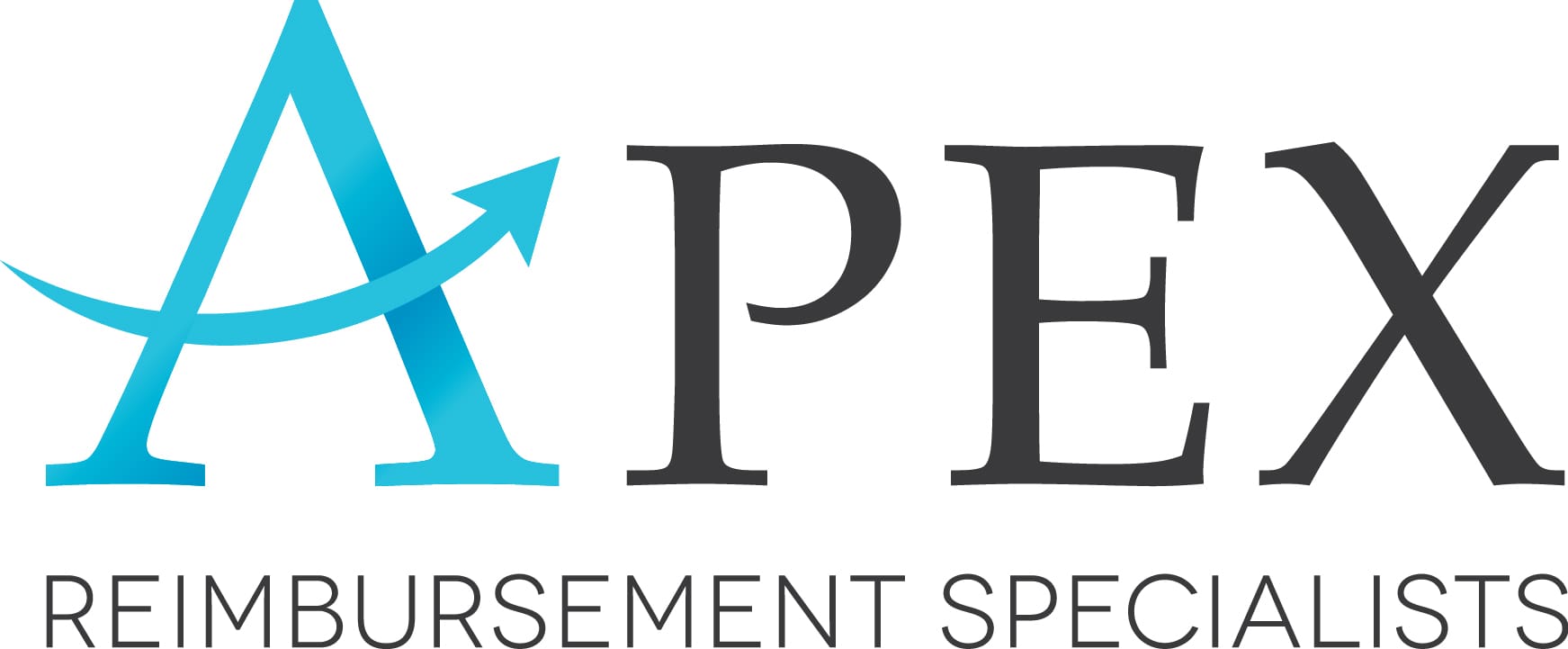Any time there is a mistake in a dental billing claim that you submit, you are taking time and money away from your practice. It will take you longer to receive reimbursement since you’ll have to resubmit the corrected claim. Needing to deal with the denial, corrections, and resubmission also takes up time, which means that you are paying your employees to fix work that could have been submitted correctly the first time. By understanding the most common dental billing errors, you can work to avoid them.
Missing or Incorrect Patient Information
One of the most common dental billing mistakes is incorrect or missing patient information. Seemingly small errors, like mistyping an address or using an old policy number for the same insurance provider, will lead to claim denials. Data entry mistakes are a great focus for practices trying to reduce billing issues, as they are all 100% preventable. Additionally, you should proactively confirm insurance information with patients before their appointment and at the time of their appointment.
Coding Problems
CDT codes are updated annually. While every code doesn’t change, sometimes procedures are combined, past codes are eliminated, and new codes are introduced. If you do not make sure that your team knows about these updates and is aware of best practices, they might submit claims with the wrong codes. These types of coding mistakes are very serious, as they can lead you to inadvertently commit fraud, which can jeopardize your relationships with insurance providers.
Filing Claims Inefficiently
Another one of the most common dental billing mistakes is filing claims in an inefficient manner. Many practices have outdated filing and submission procedures, which can lead to delays in receiving payment and increased denials. Timely filing practices help eliminate issues with getting the reimbursements you are due. Additionally, every insurance provider has a different time limit on how long you have to submit a claim. Medicaid only allows 90 days before your claim must be submitted. Without established processes, you might miss a deadline and find yourself out of luck (and your patient very upset!). As a general rule of thumb, you should aim to send a claim within 24-48 hours of the procedure or appointment.
Improve Your Dental Practice with APEX Reimbursement Specialists
Whether you’re looking for a way to make the insurance verification process easier or hoping to improve your overall patient communication plan, APEX Reimbursement Specialists is here to help. Contact our team today by calling (410) 710-6005. We look forward to working with you to make your practice a more profitable place.

